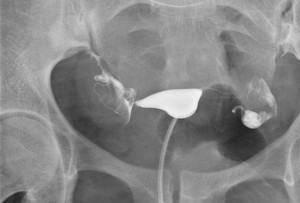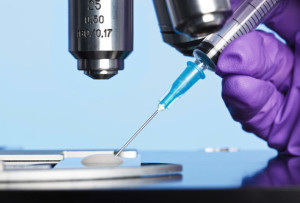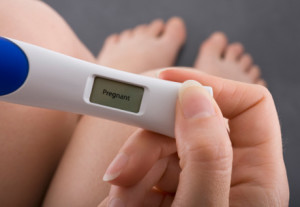Fertility, by definition, is one’s ability to reproduce offspring. Therefore, infertility is the term used when people cannot get pregnant, which is a common problem for many. There are a variety of causes of infertility such as lack of ovulation, blocked Fallopian tubes and problems with a man’s sperm. Advanced Women’s Healthcare will determine the appropriate treatment if you or your partner are experiencing any of these conditions preventing you from successfully achieving pregnancy. Below are some causes of infertility:
Age
Women generally have some decrease in fertility starting in their early 30s. And while many women in their 30s and 40s have no problems getting pregnant, fertility declines after age 35. As a woman ages, normal changes that occur in her ovaries and eggs make it difficult to become pregnant. Even though menstrual cycles may be regular, the eggs that ovulate each month are older and of poorer quality than those from her 20s. As a woman and her eggs age, she is more likely to miscarry or have a baby with genetic abnormalities. As a woman nears menopause, the ovaries may not release an egg each month, which also can make it difficult for her to get pregnant.
Health Problems
Some women have diseases or conditions that affect their hormone levels.
- Women with polycystic ovary syndrome (PCOS) rarely or never ovulate. Failure to ovulate is the most common cause of infertility in women.
- With primary ovarian insufficiency (POI), a woman’s ovaries stop working normally before she is 40. It is not the same as early menopause. Some women with POI get a period now and then. But getting pregnant is hard for women with POI.
- A condition called luteal phase defect (LPD) is a failure of the uterine lining to be fully prepared for pregnancy. This can keep a fertilized egg from implanting or result in miscarriage.
Common problems with a woman’s reproductive organs, like uterine fibroids, endometriosis, and pelvic inflammatory disease can worsen with age and also affect fertility. These conditions might cause the fallopian tubes to be blocked, so the egg can’t travel through the tubes into the uterus.









